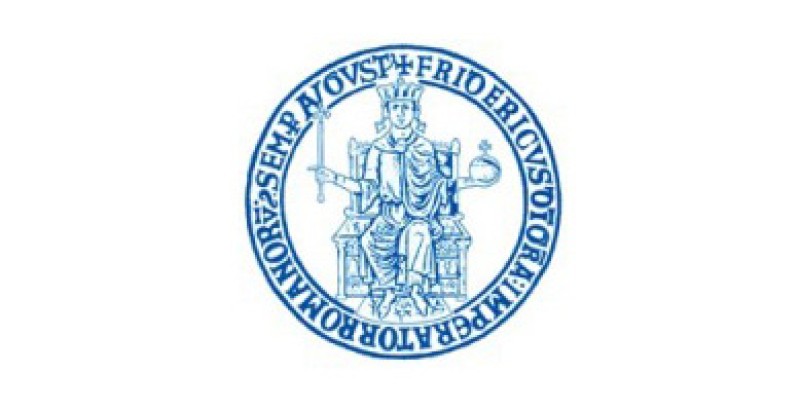Sub-theme 47: Reclaiming the Shadow for Leadership
Call for Papers
Leadership studies have traditionally adopted functionalist and rationalist perspectives, giving precedence to leading
as a cerebral and disembodied activity, concerned with making decisions, strategy, generating vision and changing minds of
people. Leaders are then seen as problem solvers, appointed to inspire, motivate and control their followers. There is often
little or no account of the lived or visceral experiences that tie leaders and followers together and there is often little
or no acknowledgement of emotions, fantasies, unconscious dynamics and hidden desires. This generates various blind spots
when dealing with power asymmetries, identity construction, follower dynamics and issues of gender and difference. This sub-theme
proposes to explore these dimensions of leadership by reclaiming the concept of a shadow, not as something necessarily negative
or dysfunctional, but as something whose repression can often lead to dysfunction.
Stepping away from traditional
views on leadership, Collinson (2014) notes, "Critical perspectives share a focus on the situated power relations and identity
dynamics through which leadership discursive practices are socially constructed, frequently rationalized, sometimes resisted,
and occasionally transformed". The critical turn in leadership studies invites a dialogue around the dark side of leadership,
provoking the hidden and working with the shadows. Shadows cast fear, anxiety and apprehension, precipitating various defences.
They allow illicit and hidden to surface. Through this call, we attempt to throw light in these grey zones. By exploring the
range of emotions, fantasies and feelings prompted by leadership and power relations, we seek to encourage a fresh look at
the concepts of the leader, to lead, to be led and what this means for organizations today.
Emotions, both conscious
and unconscious, are powerful and play an important role in shaping perspectives, attitudes, thoughts and actions. Leadership
and relations of power, authority, dependence and vulnerability frequently trigger off powerful emotions that remain unacknowledged
or silenced. Some such emotions may be proscribed or denied, just as others are lauded, acknowledged and privileged. Both
leaders' and followers' emotions are liable to be rationalized away, depriving them of their complexity, subjectivity and
energy. By reclaiming the shadow, we encourage participants to this subtheme to move beyond simple dualities of positive and
negative emotions, constructive and destructive passions, and reconnect with the unconscious dynamics of leadership as a source
of vitality and renewal for organizations as well as communities.
We invite contributions from critical, psychoanalytic,
Jungian, Lacanian, discursive, literary and other perspectives, addressing some, but not necessarily exclusively, the following
themes:
- Leader fantasies, desires and lust
- Leadership dysfunctions and the lure and allure of power
- Hidden, illicit, covert, emotional dynamics in leader follower relations
- Followership, follower identity and follower fantasies
- Leadership as the management of emotions and meaning
- Leadership emotions, emotions in leadership and emotions and leadership studies
- Stories, narratives and other texts, including literary and artistic, by leaders, about leaders, and about leadership and followership, that address the shadow in leadership.
References
- Collinson, D. (2014): "Dichotomies, Dialectics and Dilemmas: New Directions for Critical Leadership Studies?" Leadership, 10 (1), 36–55.
- Driver, M. (2013): "The Lack of Power or the Power of Lack in Leadership as a Discursively Constructed Identity." Organization Studies, 34 (3), 407–422.
- Faÿ, E. (2008): "Derision and Management." Organization, 15 (6), 831–850.
- Gabriel, Y. (1997): "Meeting God: When Organizational Members Come Face to Face with the Supreme Leader." Human Relations, 50 (4), 315–342.
- Gabriel, Y. (2011): "Psychoanalytic Approaches to Leadership." In: A. Bryman, D.L. Collinson, K. Grint, B. Jackson & M. Uhl-Bien (eds.): The SAGE Handbook of Leadership. London: SAGE Publications, pp. 393–405.
- Petriglieri, G., & Stein, M. (2012): "The Unwanted Self: Projective Identification in Leaders' Identity Work." Organization Studies, 33 (9), 1217–1235.


